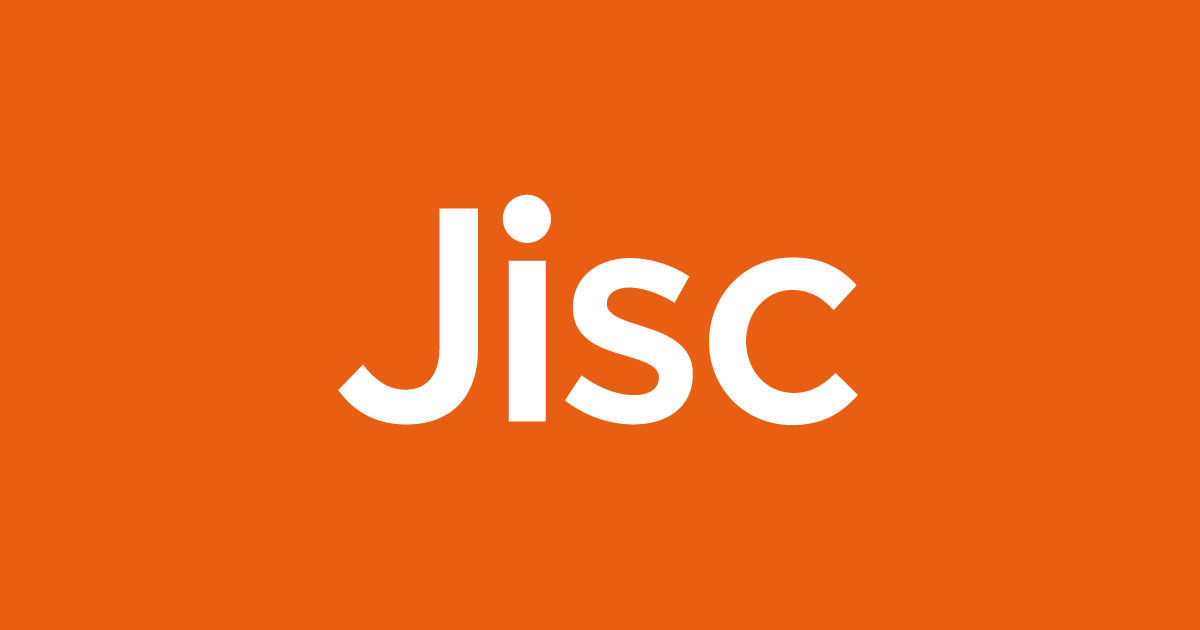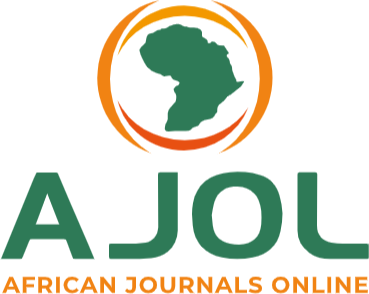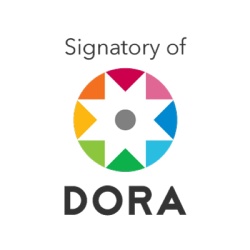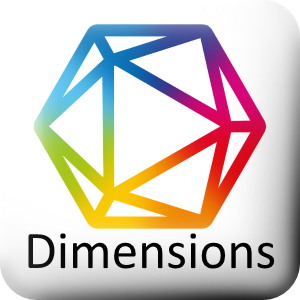The student’s contribution to the formation’s dynamic at the Algerian University (In light of new e-learning technologies)
مساهمة ديناميكية الطالب في التكوين بالجامعة الجزائرية (في ظل تكنولوجيات التعليم الجديدة)
Abstract
The current study aimed to shed light on the contributions of the student’s dynamism to his self-formation at the Algerian university institution in light of modern technologies, by addressing some of the following indicators and elements: the dynamism of the university student, the dynamics of university formation, the obstacles that prevent the student from activating this dynamic in the university, the use of Technological means to activate the educational process.
For this reason, this research paper came to analyze some indicators that reveal the most important difficulties that students face at the Algerian University in order to reach an effective training that depends on the student’s dynamism in managing and managing successful educational science.
Downloads
References
Monaghan, J., & Clement, J. (1999). Use of a computer simulation to develop mental simulations for understanding relative motion concepts, International Journal of Science Education. 09.pp. 921-944.
Bouhali, R. (2014). L’Enseignement supérieur en Algérie. La qualité dans tous ses états. 01. Bruxelles : Université libre de Bruxelles.
Ministère de la jeunesse et des sports. (1993). Algérie : Le Centre national d'études, d'analyse, de population et de développement.
- Arabic references in English :
Abu Hameed Al-Sharman, A. (2013). Contemporary Learning Technology and Curriculum Development (1st ed.). Amman: Wael Publishing and Distribution House.
Ibrahim, M. A. (2006). Educational Curriculum and Challenges of the Era (1st ed.). Cairo: Al-Alam Al-Kutub Publishing and Distribution.
Ibrihimi, M. Z. (2015, May 25). Algerian Students Between Yesterday and Today. Retrieved 06/11/2020, from: http://montada.echoroukonline.com/archive/ind 302413.html
Al-Bukhari, A. B. A. A. (2020). Utilizing Innovations in Educational Technology in Teaching Geography and Its Impact on Academic Achievement in the Second Secondary Grade. Pathways of Education and Training Journal, 2(3), 112-133.
Ben Anter, A. R. (2020). The Impact and Role of Information Technology in Developing Scientific Competencies and Its Impact on Human Resource Performance in Educational Institutions. The Economic Spring Journal, 1, 351-360.
Boufelja, G. (1985). Psychological Foundations of Training and Its Methods in Algeria. Algeria: University Press Office.
Gates, B. (1998). Informatics After the Internet (R. Abdul Salam, Trans.). Kuwait: World of Knowledge Series.
Hassanawi, F. (2020). Contribution of Information Technology in the Educational Process to Achieve Quality in Higher Education. Algerian Journal of Legal and Political Sciences, 1(57), 215-225.
Hamdi, N., & Harith, A. (2009). Educational Communication (1st ed.). Amman: Wael Publishing and Distribution House.
Al-Dakhil, A. (2014, November 4). Advantages of Digital Education. Retrieved: 10/11/2020, from: http://azzamaldakhil.com/azzam/2014/11/04/مميزات-التعليم-الرقمي
Snoussi, A. (2018). Modernization of the Algerian Education System Between the Necessity of Change and the Barriers to Implementation: Electronic Education and Distance Learning as Models. International Forum on the Legal System of the Public Sector. Mohamed Boudiaf University of M'sila, Algeria.
Talbi, A. (2015). Using Information Technology to Improve the Level of LMD System Students in Algeria. Human and Field Journal, 1(1), 105-118.
Abdel Latif Bin Hussain Bin Ibrahim, F. (2005). Internet Utilization in Education and Its Methods. Educational Journal, 74, 110-150.
Alwan, Y. (2005). The Educational System in the Era of Information Technology: Reality and Prospects. Notebooks of the Educational Issue Laboratory in Algeria Amid Current Challenges, 1, 13-24.
Firdi, L. (2011). Use of Information Technology in Education and Its Impact on the Tasks of the University Professor "Modern Techniques, New Skills." Journal of Scientific and Technical Media, 1, 96-119.
Lamoushi, Z. (2016). Activation of the E-Learning System as a Mechanism to Improve Performance in Universities. Learning in the Era of Digital Technology. Generation Research Center, 1, 93-112.
Mohammed Rafiq Saeed, Al-Nuaimat. (2018). The Impact of Teaching a Computerized Unit (Quick Basic) from the Computer Book on the Achievement of Second Secondary Grade Students in Schools in Northwestern Badia. International Journal of Educational and Psychological Studies, 3(2), 414-429.
Mazrara, N., & Shaabani, M. (n.d.). The Reality of Algerian University Students from Yesterday to Today: What Has Been Achieved? Proceedings of the National Meeting on Diagnosing the Reality of University Students. Prevention and Ergonomics Laboratory, 2(6), 59-84.
Nabil, A. (1994). The Arabs and the Information Age (Doctoral dissertation). Kuwait : World of Knowledge Series.
Haroun, M. (2005). Communication Among Youth in the Modern Media and Communication Technologies Era: An Analytical Field Study (Doctoral dissertation, Faculty of Information and Communication Sciences, University of Algiers 3).

This work is licensed under a Creative Commons Attribution-NonCommercial 4.0 International License.





















